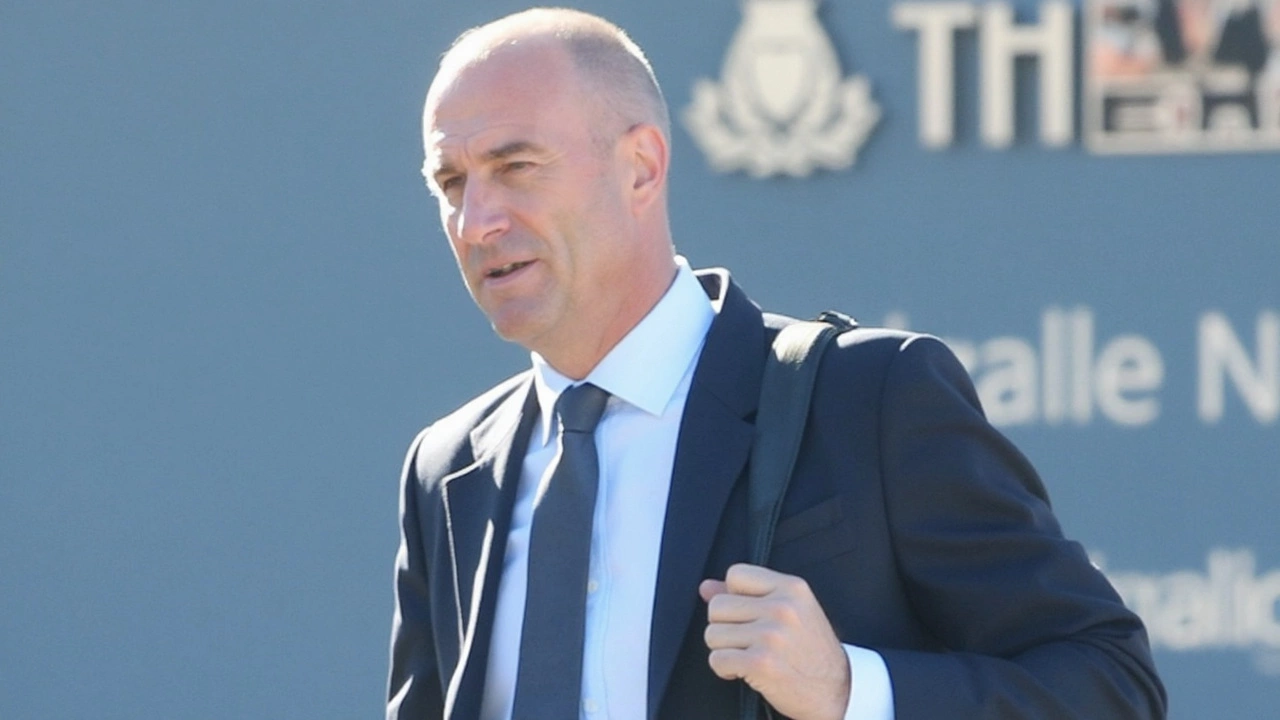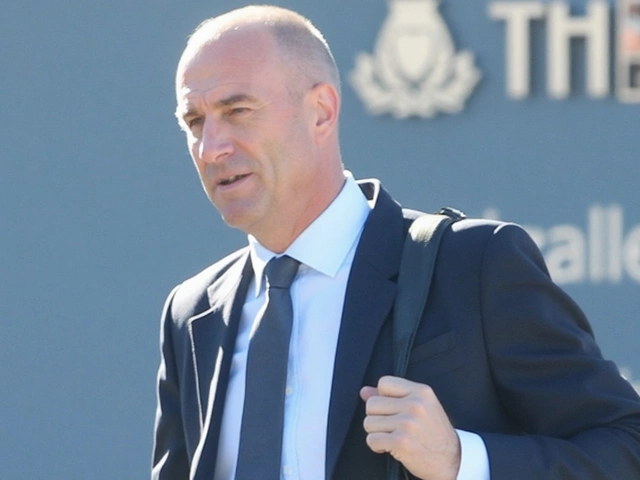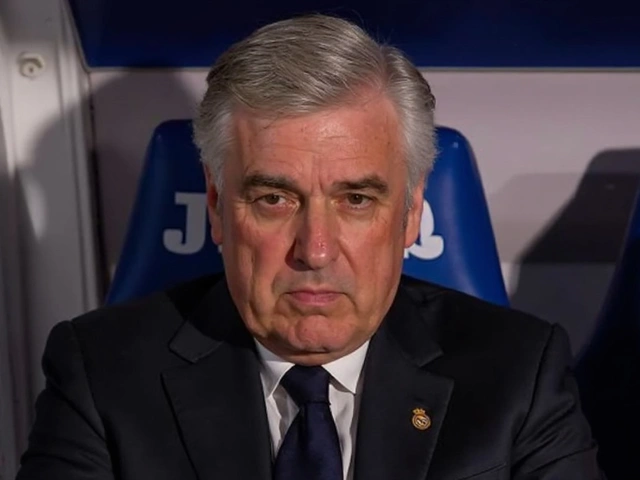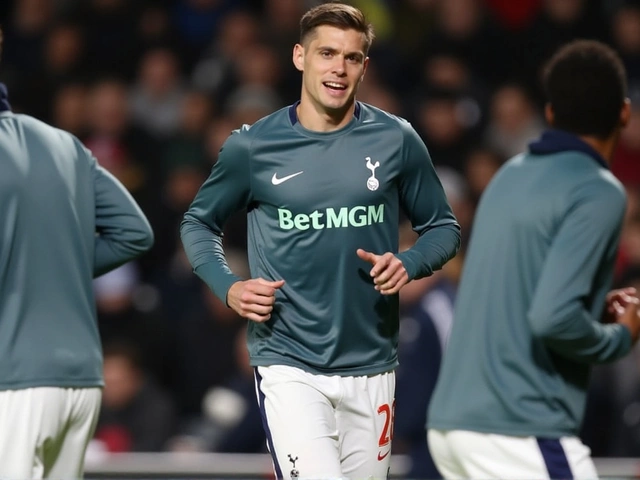Luis Rubiales, the former president of Spain's Royal Spanish Football Federation (RFEF), is facing the consequences of his actions during the 2023 Women's World Cup. His attempt to overturn a three-year ban was dismissed by the Court of Arbitration for Sport (CAS), spotlighting a scandal that left a mark on women's football in Spain and beyond.
Background of the Case
Rubiales found himself at the center of controversy when he kissed Spanish national team player Jenni Hermoso during celebratory moments after Spain's glorious triumph in Sydney. What should have been a moment of joy turned into a significant talking point on consent and sexism in sports. While Rubiales claimed the kiss was mutual, Hermoso's testimony told a different story, depicting the event as a non-consensual violation interfering with her historic accomplishment.
The episode led to a wave of protests, with many calling out the entrenched sexism in the Spanish football system. It became a catalyst for broader societal conversations about gender dynamics in sports. Following the incident, Hermoso endured not only the emotional impact but also received death threats and public criticism. Despite these challenges, she continues to play professionally in Mexico.

CAS Decision and Ongoing Legal Proceedings
In 2023, FIFA slapped a three-year ban on Rubiales, citing breaches of their Code of Ethics, a decision now upheld by CAS. The ban prevents him from engaging in any football activities, stretching until 2026. CAS's ruling reiterated the gravity of Rubiales' actions and reinforced principles of consent and respect within sports.
Despite the setback, Rubiales’ legal team isn't backing down. They are actively preparing to take the battle to the Spanish courts, searching for a favorable outcome. Alongside the ban, Rubiales faces a €10,800 fine and restrictions on contacting Hermoso. These consequences underscore the serious nature of his actions and the far-reaching repercussions that extend beyond just the playing field.
This case is more than just about an individual; it’s emblematic of larger discussions surrounding institutional sexism entrenched within the sports industry, particularly in football. Such incidents are prompting necessary reflection and change, with an expectation of creating a more equitable environment for future generations.








Write a comment